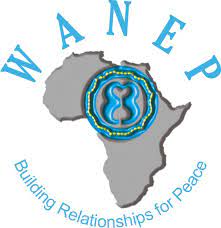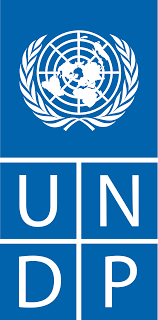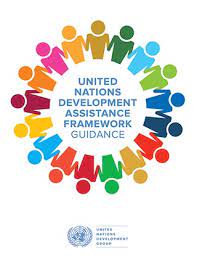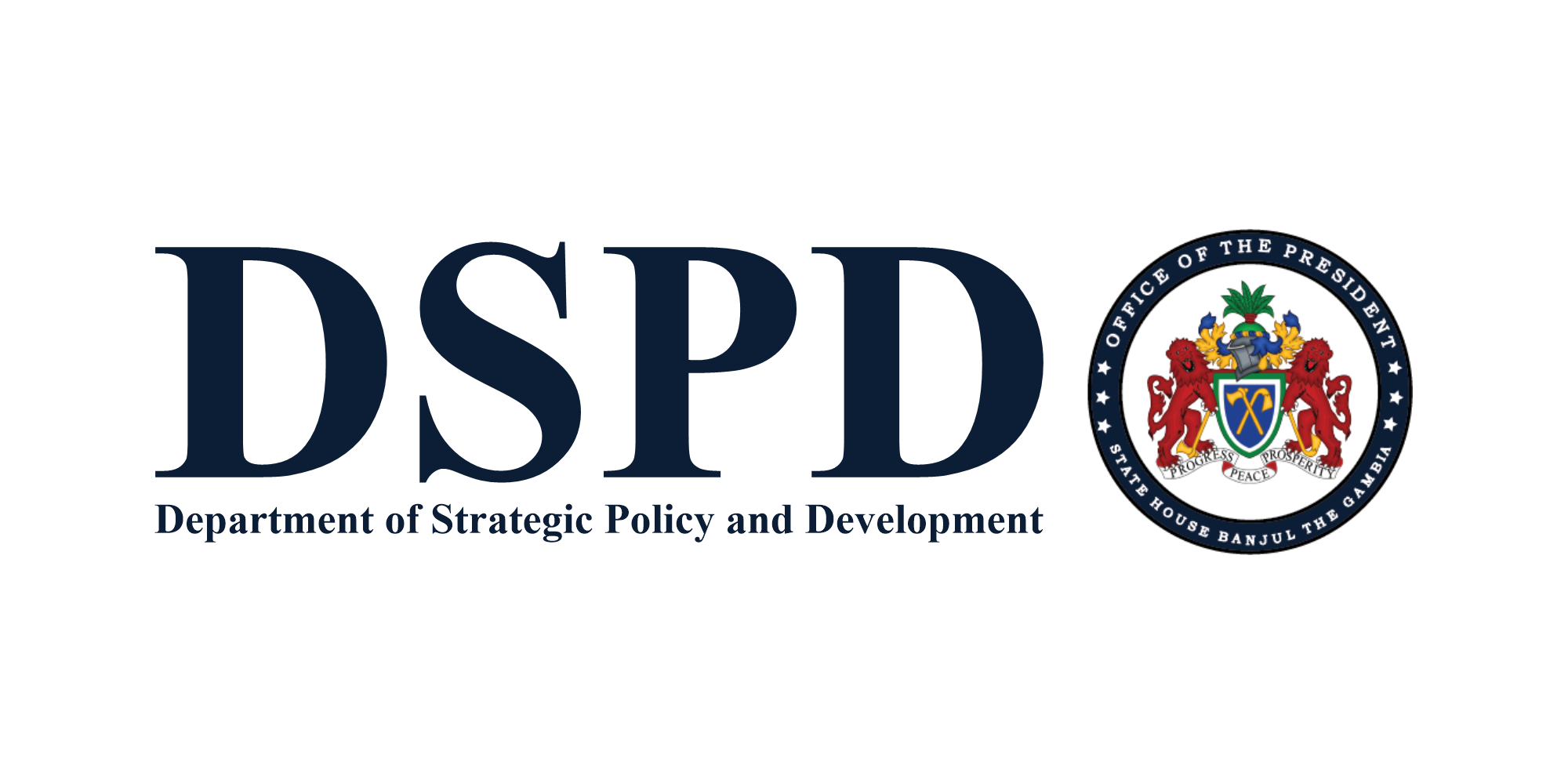About Department of Strategic Policy & Delivery(DSPD)
The Department of Strategic Policy and Delivery of the Office of The President was initially created to offer policy advisory support to the President, through the office of the Secretary General. However, the mandate of the department has now been expanded to encompass the provision of technical advice, support and analysis for the President and Cabinet for evidence-based decision making and policy coordination, in the areas such as the implementation of the National Development Plan and other policy documents, etc.
The DSPD is central to the work of the government, through the OP, serving as an analytical and logical component, tasked with the responsibility of looking beyond what is and providing actionable advice based on evidence. It helps facilitate the vision of the government.
OBJECTIVES
The Department seeks to become the technical office within the President’s Office,
functioning to assist and enable the President to develop, implement and monitor the vision
of the government and to provide strategic leadership for cross-sectoral policies or
programmes. The primary mandates of the Department come through the powers of the
Presidency as conferred by the Constitution (Chapter VI) which details the leadership role of
the President.
The ultimate objectives of the Department of Strategic Policy and Delivery (DSPD) are to
provide technical advice, support and analysis for the President and Cabinet in order to improve
evidence-based decision-making and policy coordination at the level of the executive. Through
more informed decisions, and improved coordination, the government will be more able to
deliver on its development aspirations as detailed in the National Development Plan and other
policy documents.
GOALS
Strategic Policy Advisory
Provide strategic policy advisory services to the Presidency on key issues that ensure
coherence between the President's political vision and its implementation.
Policy Management
Provide high-level oversight for the management of the policy development
continuum and the functioning of an effective policy development and
implementation system.
Facilitate Collaboration
Facilitate collaboration on cross-sectoral or sector-wide issues – e.g. through task
forces, calling upon national and international specialized technical advice
Promote Information Sharing
Promote a culture of information sharing, knowledge development and management
through collaboration in policy development to avoid silos and overlaps, and to ensure
that policy and strategy documents are easily accessible;
Policy Development and Monitoring
Ensure strengthened policy development and monitoring capabilities (not just
planning and implementation) in the Ministries and decentralized planning entities
The Department will achieve its objectives by working through three key areas
Provide Analysis and Scrutiny of Key Policy Documents
Firstly, the Department will provide analysis and scrutiny of key policy documents for the
information and use of the President and Cabinet. This will ensure that discussions and policy
decisions taken by the President and the Cabinet are informed, and that information reaching
the executive level is of an appropriate standard and has been consulted with relevant
stakeholders in advance. Furthermore, the unit will ensure that briefs and important information
are prepared and presented to the President on a regular basis reflecting developments in the
state of the macroeconomy and the performance of Ministries, Departments and Agencies
(including SOEs) against their long-term objectives
Provide Delivery Function
Secondly, the Department will provide a ‘delivery’ function to ensure that the President’s
agenda is properly articulated, and implemented, by relevant MDAs. The Delivery Unit will
6work closely with MDAs to agree on timelines and key milestones for delivering on
Presidential Priority projects and/or reforms while working closely to ensure that these are
implemented. This will be through coordinating across government and partner agencies if
necessary and unblocking any obstacles through using the authority of the Office of the
President. Progress will be regularly reported back to the President.
Serve Interlocutor Between Government and Development Partners
Finally, the Department will serve as a key interlocutor between government and development
partners by defining long-term strategic objectives for these partnerships and cultivating a
relationship between the executive and heads of partner agencies. This will aim to ensure that
the government can communicate with a unified voice to partners regarding its high-level
priorities, while retaining the existing functions of MoFEA and MDAs in the implementation
of projects.
Our Development Partners







